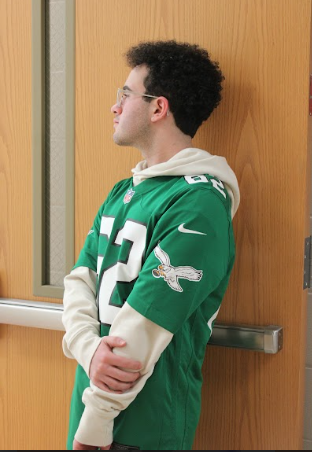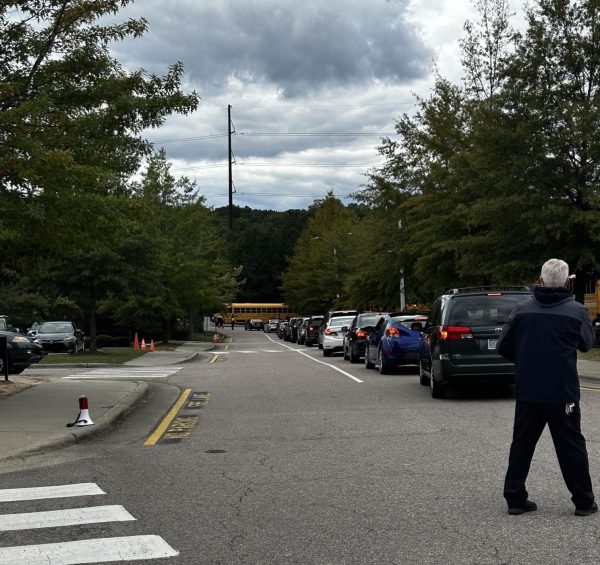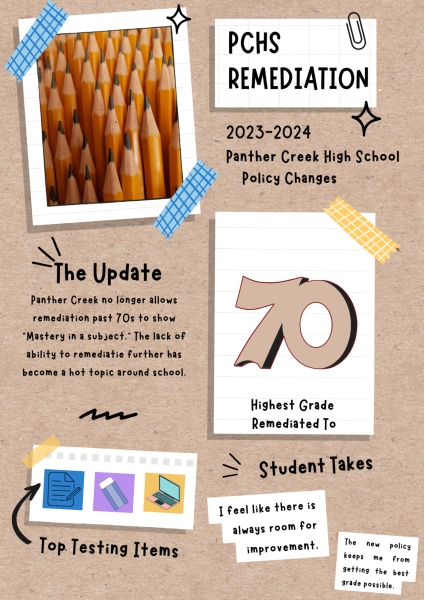The Death of Privacy

You may think you’re alone while on the internet, but think again.
In May 2013, Edward Snowden revealed classified information that was later referred to as “the most significant leak in U.S. history” to the British newspaper The Guardian. Snowden notified the world that mass surveillance programs enacted by the National Security Agency- known more often as the NSA, were gathering foreign intelligence when it evolved into domestic surveillances. Even more chilling, Snowden revealed, the NSA achieved this by tracking the communications of every American citizen.
How does the government track our communications? Shockingly, Snowden revealed, this can be established by tracking our personal cell phone records, emails, photos, file transfers, and social networking websites. The NSA is able to access all of this information through a program known as PRISM, thus allowing the NSA to collect and store any of these interactions. Whether or not the true purpose of a surveillance program of this scale is only to target those suspected of treason or those associated with a foreign government, PRISM is also collecting everyone else’s personal online and cellular interactions as well, meaning that the NSA can have instant access to anyone’s data at any time that they deem necessary.
In his interview with The Guardian, Snowden explained that while it is claimed that only specialized NSA officials have access to this data and not all of their analysts, he was able to wiretap anyone he wanted just by working in a simple NSA desk job while in his 20s. The extent of the people he could wiretap varied from middle class citizens to federal judges, and even the President of the United States.
The truth is that we are currently experiencing the birth of something massive. Whether you call it an enhanced sense of security or the largest invasion of privacy of all time is irrelevant. What matters is that this is the beginning of something that is bound to become a pivotal issue for our nation to address. If Edward Snowden never leaked the NSA’s information, would we ever know about it? The answer is most likely not, which begs the question of what else the government is keeping from us. If we’re really living in a democracy like we believe ourselves to be, shouldn’t the public have some input on our government tracking our every interaction? Whether we choose to accept it or not, we are becoming much more aware of the fact that we may not have as much power in our government’s decisions as we thought we did. The most important thing that the American public may be able to take away from the leaking of the NSA’s surveillance programs is that we are being watched, and are therefore easier for the government to control.
Here’s a scenario: some time in the near future, Americans start protesting our constant surveillance. One of your close friends is involved with a government protest, and is therefore a suspect of treason. By reading through all of his messages and recorded phone calls with you, the NSA labels you a suspicious person merely by association. This gives the government reason to look through the entirety of your data that has been stored in NSA databases throughout the years, and it’s only a matter of time before they find something suspicious enough to prosecute you over something that you meant as a mere joke over Facebook messaging. This is not the kind of scenario that we can only think of as fiction anymore, because this kind of situation is rapidly approaching. In today’s public schools, George Orwell’s 1984 is studied by students in English classes, and there has never been a point in the past where reading a work of fiction in public schools has been so necessary. The events that are unfolding involving the NSA are blurring the lines between reality and fiction.
Ever since Edward Snowden’s prosecution, the government of the United States has been making him out to be nothing more than a traitor for his actions, when in reality, he performed an essential public service. Much of the country acknowledges this, and many view Snowden as a hero or patriotic figure. As much as Snowden helped our country discover these indiscretions that the NSA and American government have been committing, a difference won’t be made unless the people of our country start voicing their opinion on the matter. These acts of surveillance are meant to promote public security, and I, for one, have never felt less secure.






